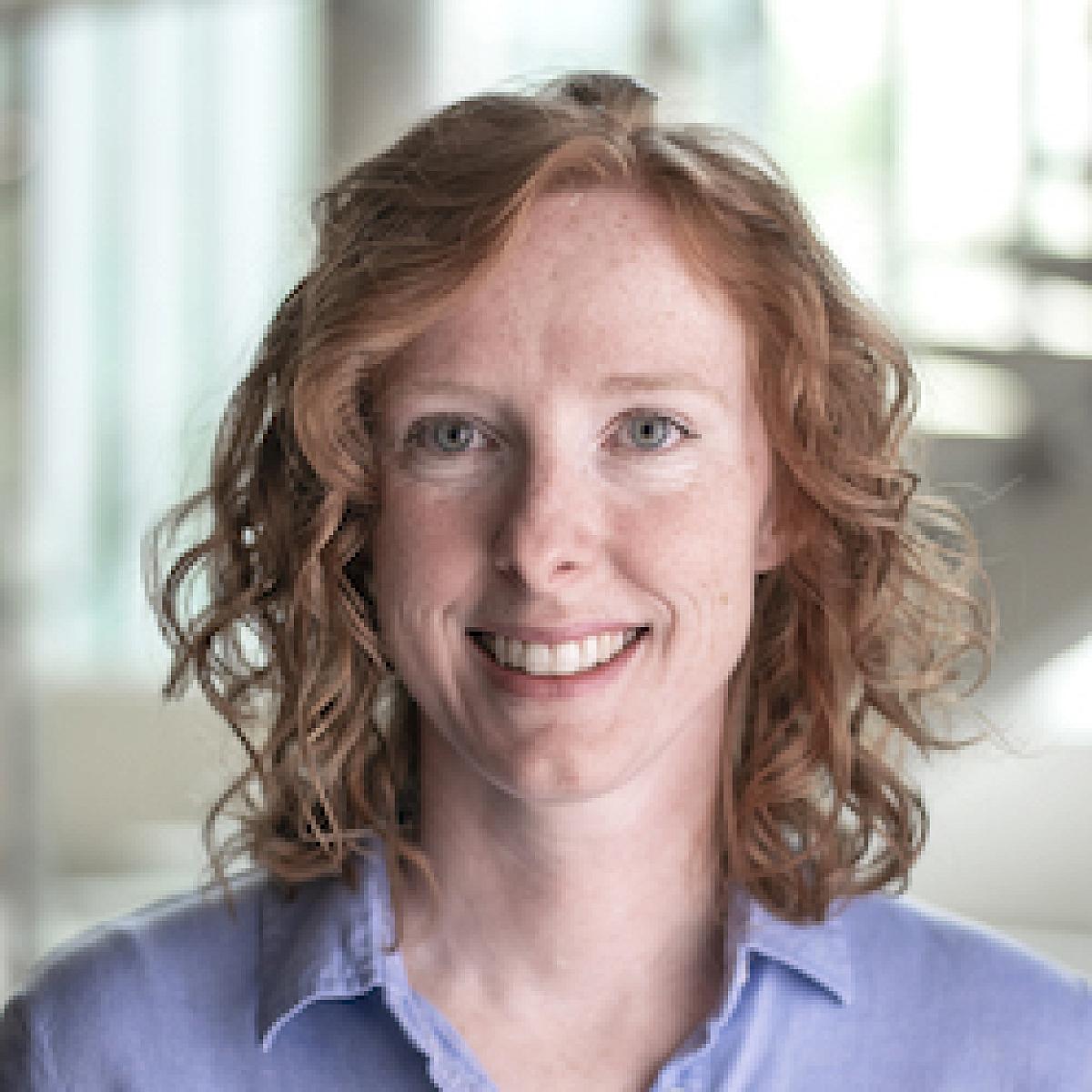
Message from the Varley Lab Principal Investigator

Message from the Varley Lab Principal Investigator
When I was 15 my mother was diagnosed with breast cancer. She was a single mom who faced the challenge of working through surgery and chemotherapy. She brought me to her appointments and we asked her oncologist endless questions about breast cancer. I haven’t stopped asking those questions.
While I was an undergraduate at Cornell University, two major scientific breakthroughs occurred. The human genome was sequenced and the first cancer drug designed to target a DNA mutation was FDA approved. I realized that technologic innovation was enabling new biological insight and innovation in treatment that had the potential to revolutionize healthcare. I immersed myself in studying genetics, genomics, mathematics, and computer science to learn the skills needed to generate and analyze genome-scale data. I was one of the first students to graduate Cornell University with a bachelor’s degree in Computational Biology.
I attended Washington University School of Medicine for graduate school where Dr. Robi D. Mitra was my thesis advisor. He showed me that next-generation sequencing technology was poised to change the way we asked and answered scientific questions. The goal of my thesis research was to develop targeted sequencing methods and computational analysis that leveraged second-generation sequencing to detect mutations and aberrant DNA methylation in patients’ tumors. During my thesis research I used these methods to answer questions about intra-tumor heterogeneity, epigenetic defects, and personalized tumor sequencing for precision medicine. In the middle of my thesis research my mother’s breast cancer metastasized to her liver and she passed away quickly. When I defended my Ph.D. thesis dissertation I was proud to be able to address a few of the questions my mother and I had asked about breast cancer, and I had developed several tools that would help accelerate cancer research going forward.
My postdoctoral fellowship was in Richard M. Myers’ lab at the HudsonAlpha Institute for Biotechnology, a new institute devoted to utilizing genomics to study human disease. As part of the ENCODE Project Consortium we developed sequencing-based assays to measure DNA methylation, transcription factor binding, and mRNA transcripts across the genome to study gene regulation. I then applied these genomic tools to detect molecular defects in breast cancer. My collaborators, Dr. Al LoBuglio, Dr. Andres Forero and Dr. Don Buchsbaum at the University of Alabama in Birmingham Comprehensive Cancer Center, helped me appreciate the challenges that clinicians face in treating breast cancer patients, and helped me design genomics studies that address key clinical issues related to therapy sensitivity and metastatic potential. While I was at the HudsonAlpha Institute I also had the opportunity to be a co-founder and scientific advisor for a biotech company, Kailos Genetics, that licensed the technology from my Ph.D. research and has translated it into a clinical CLIA lab test.
I was thrilled to join the faculty of HCI as an assistant professor in November 2013. My lab is mining the large amount of breast cancer genomic data that I (and others) have generated to identify molecular differences that are relevant to prognosis and treatment. We are developing assays to measure biomarkers associated with therapy response and resistance that will help physicians make treatment decisions. We are also working on a high-throughput experimental system to test which of the genomic defects we observe contribute to disease progression and are novel therapeutic targets. I continue to work with my collaborators at UAB, and I have received a warm welcome into the breast cancer research team at HCI. Together we have the research momentum and the clinical expertise to rapidly translate our discoveries to improve patient care.
